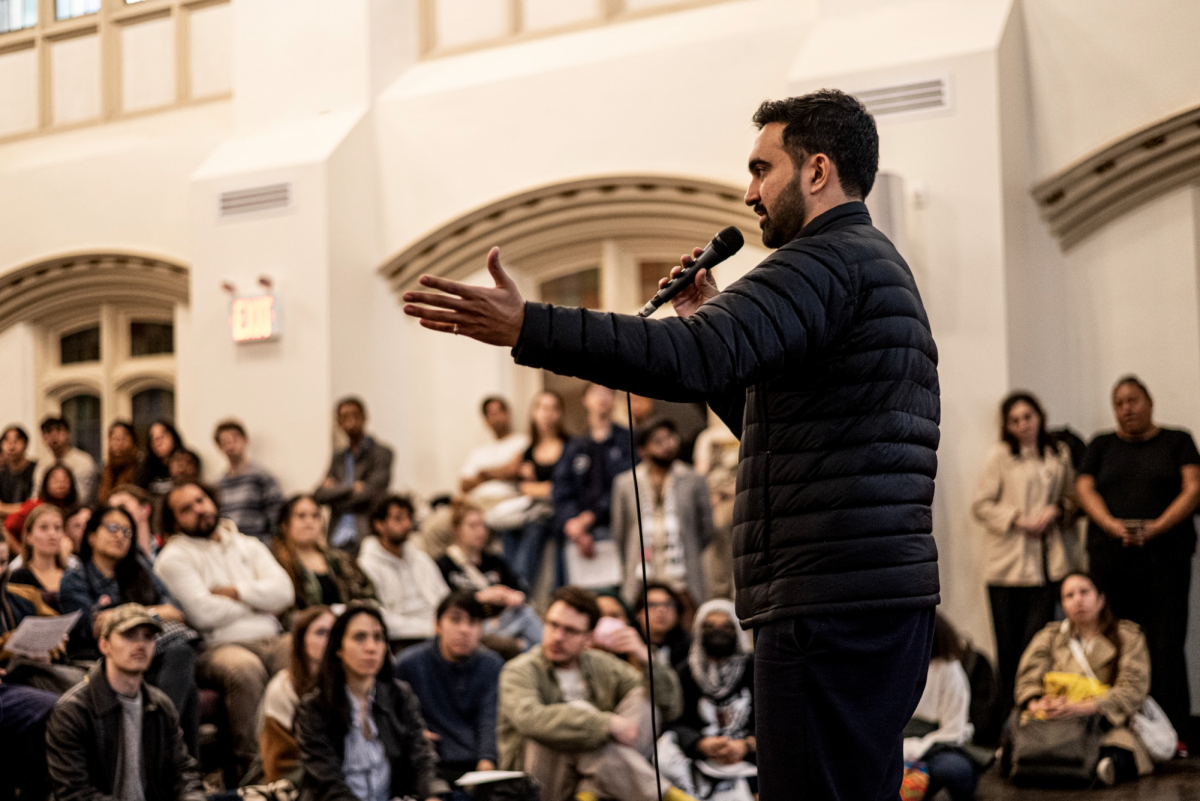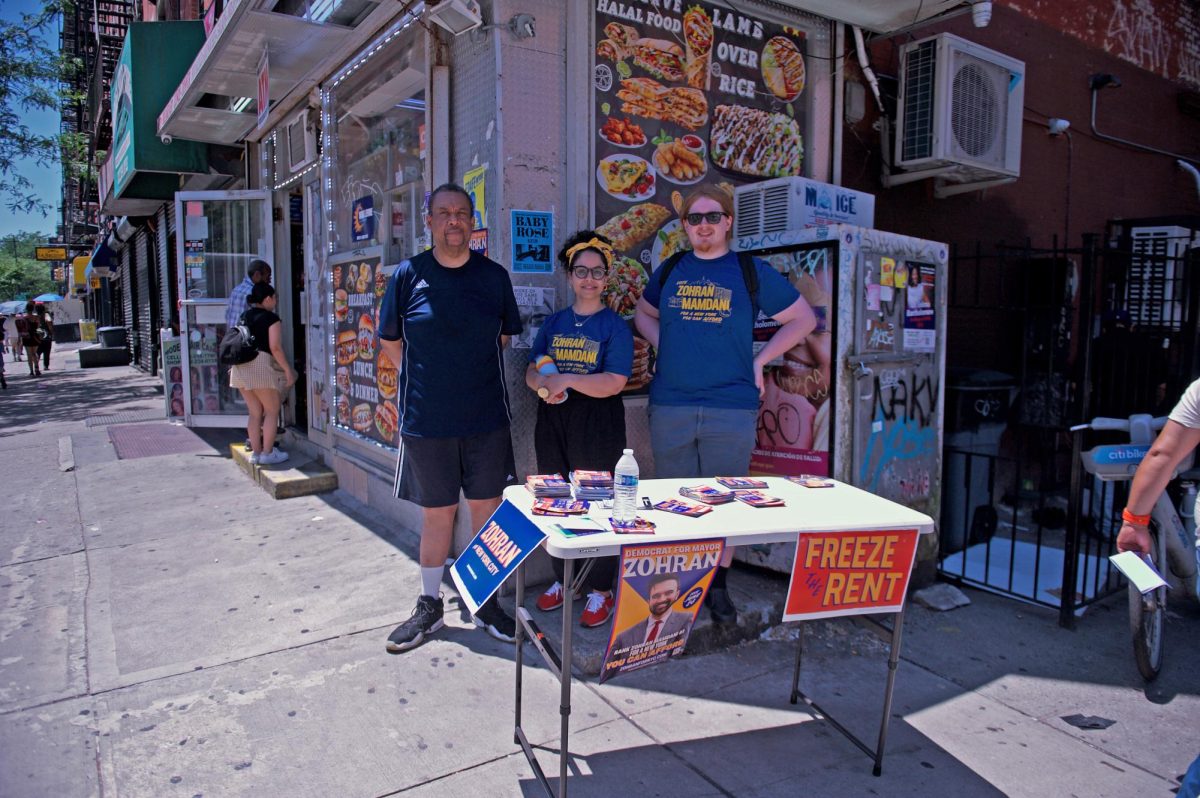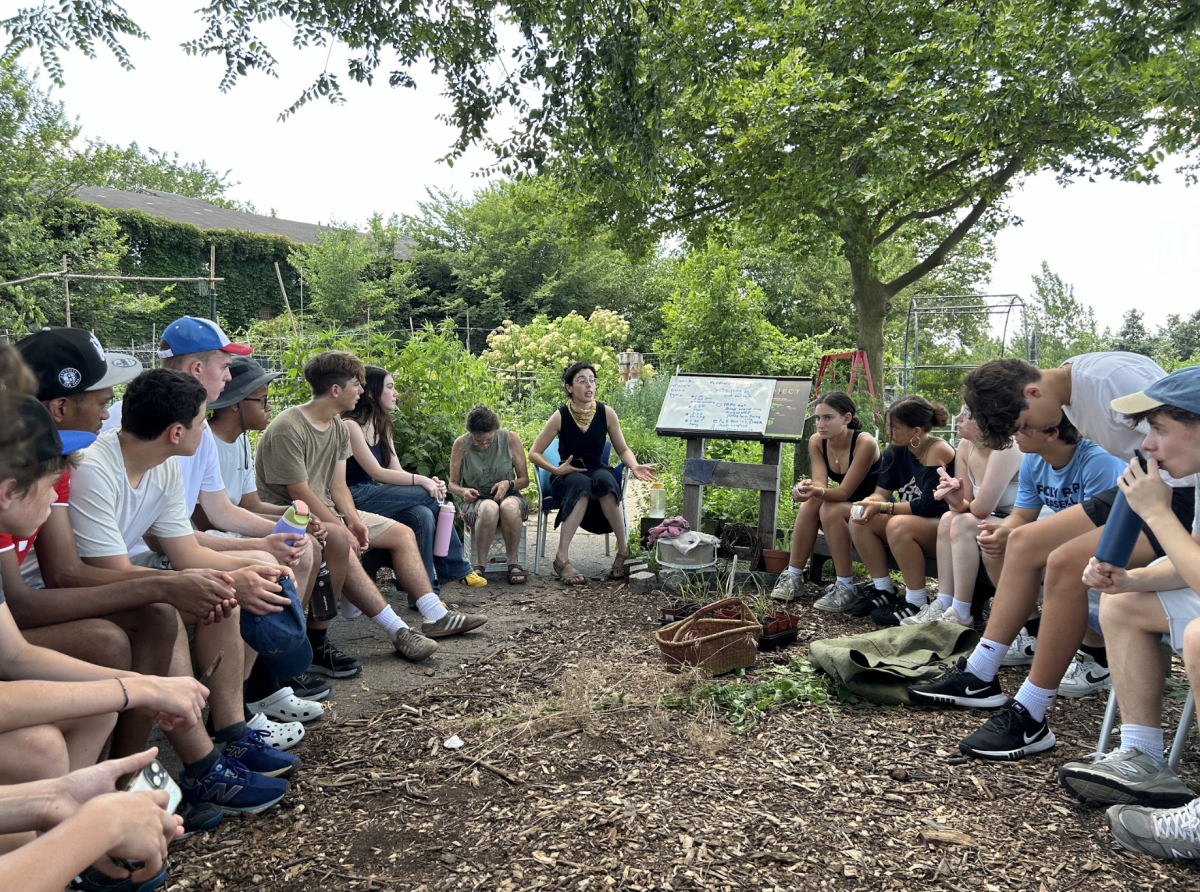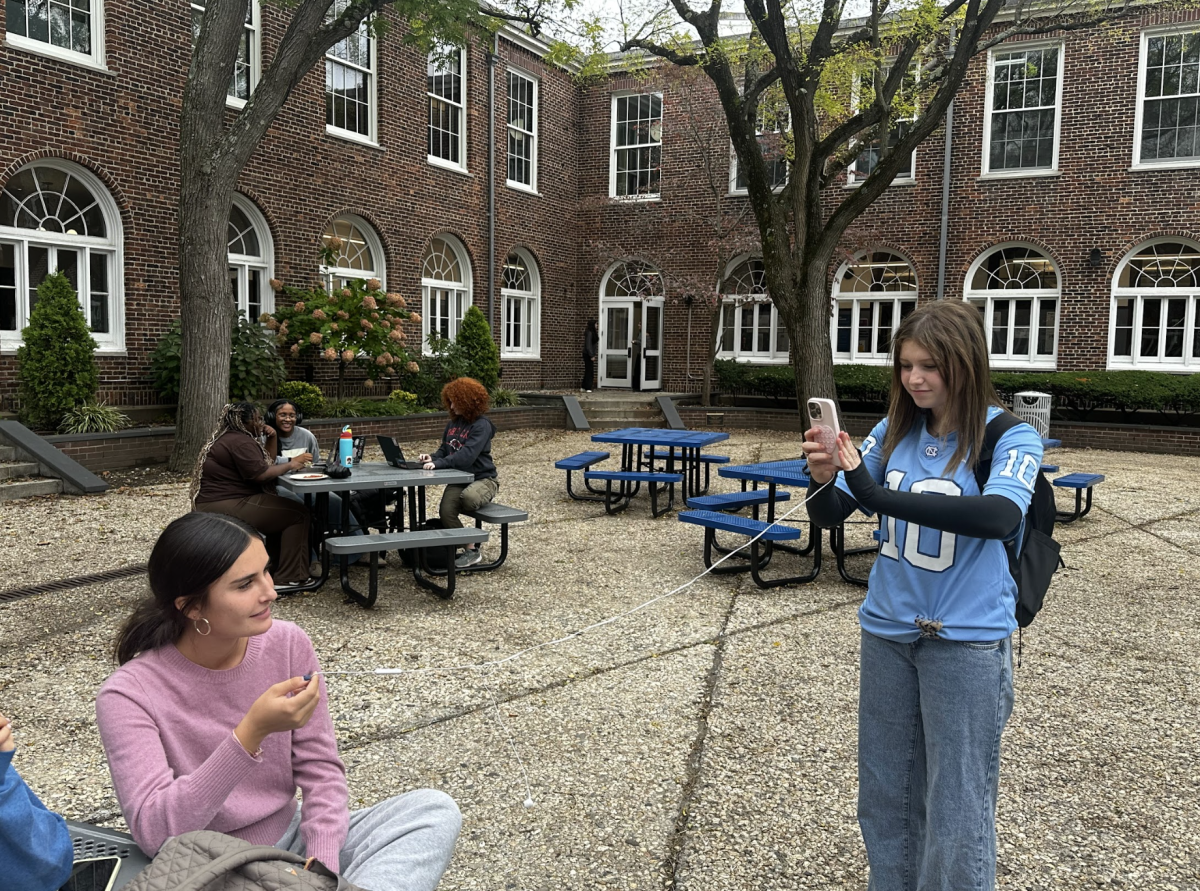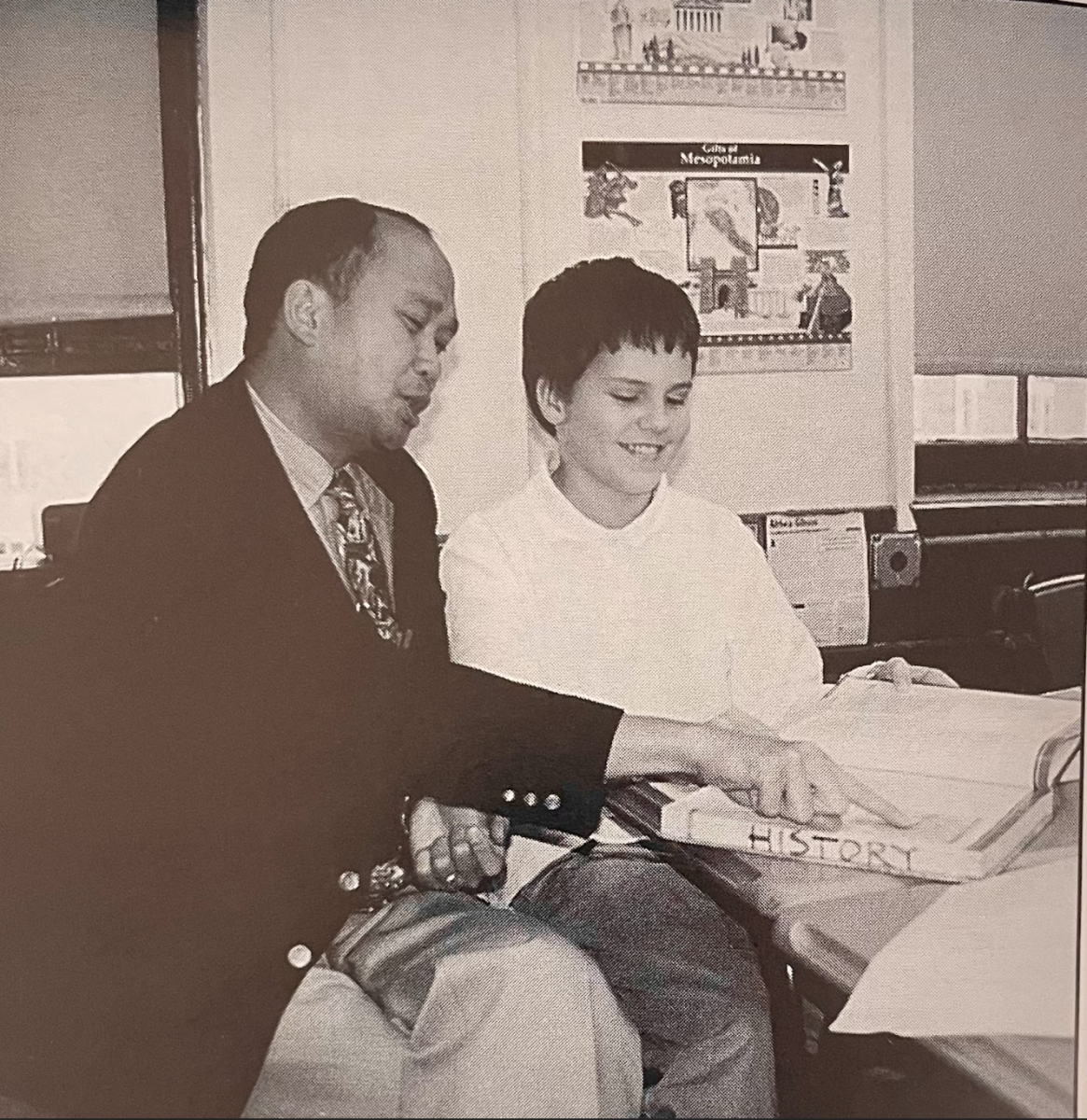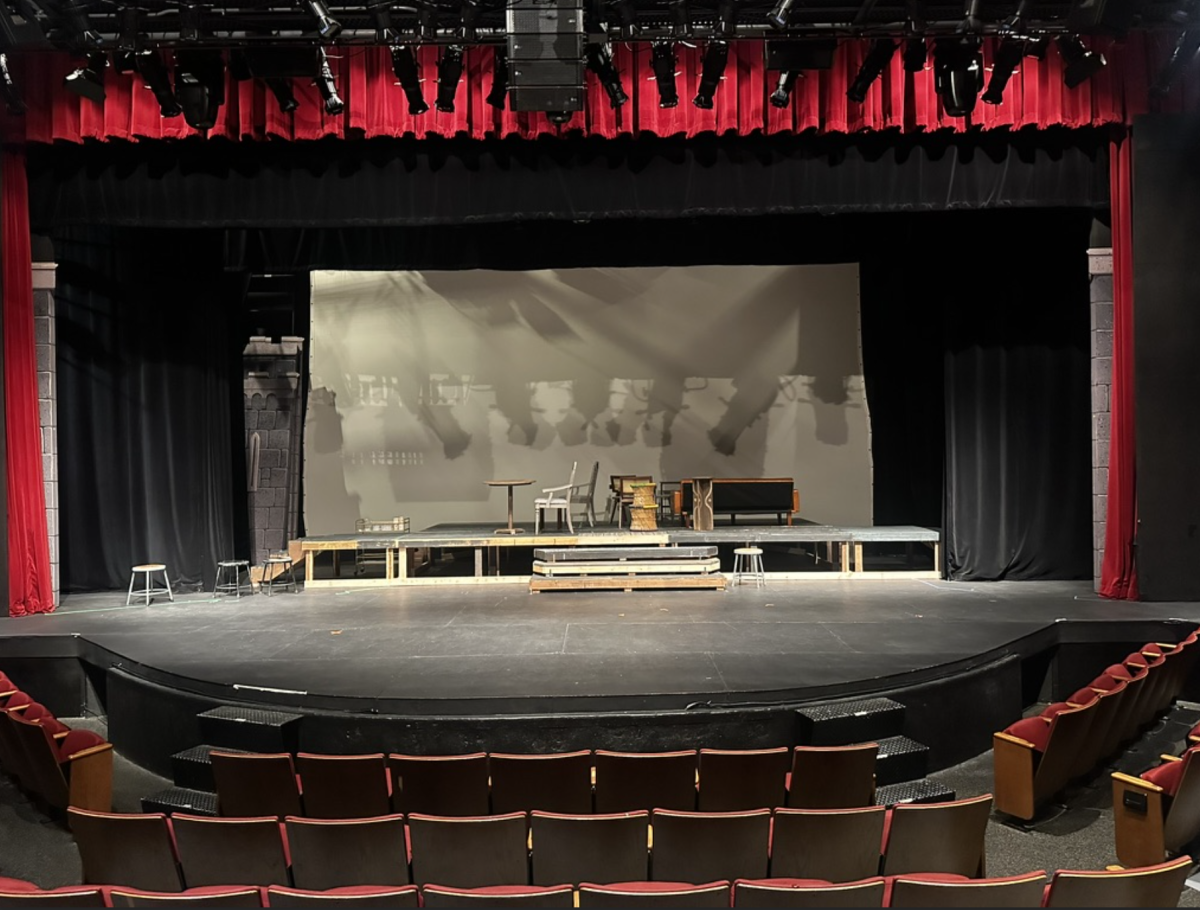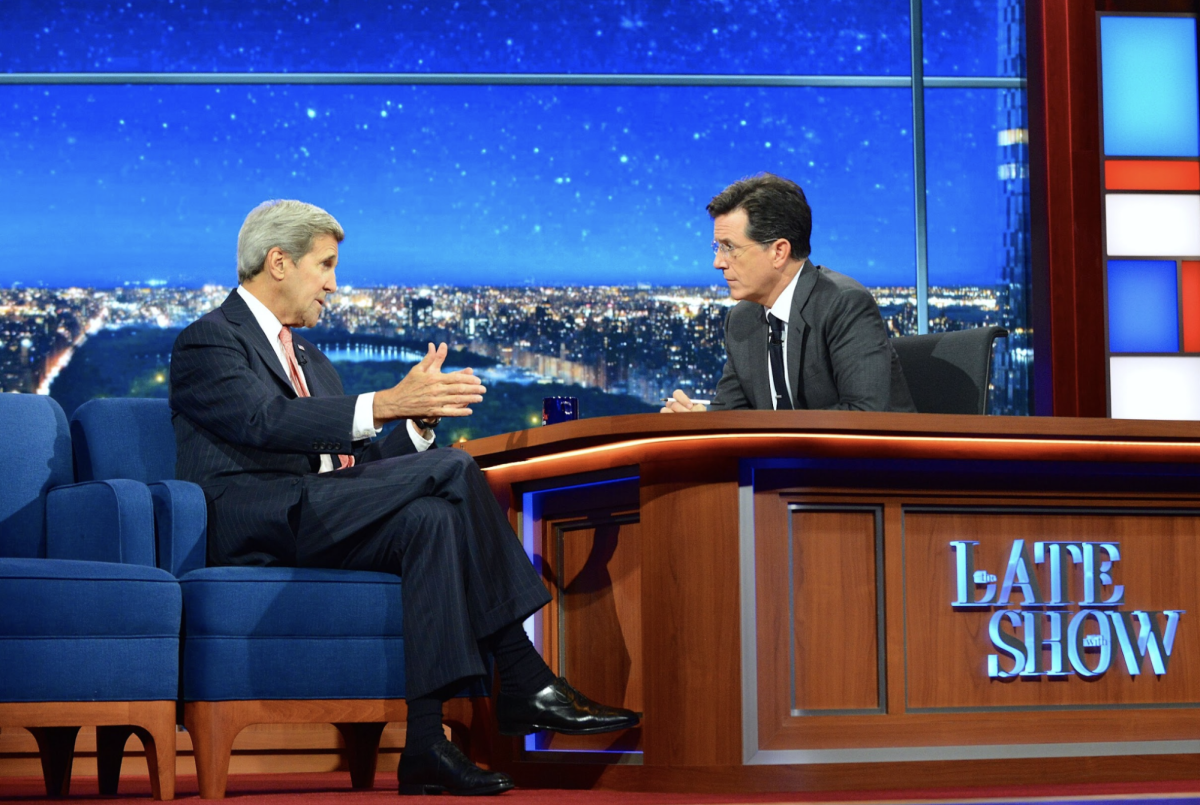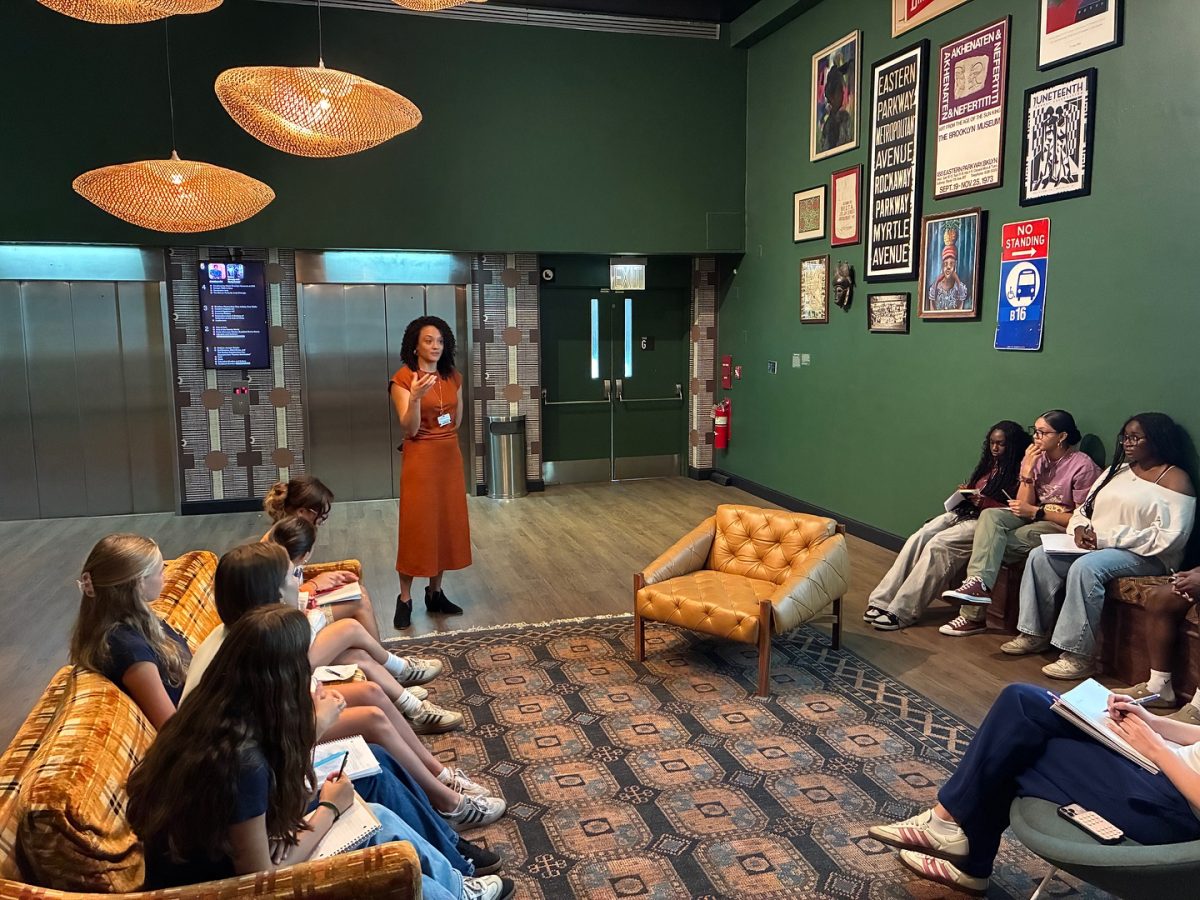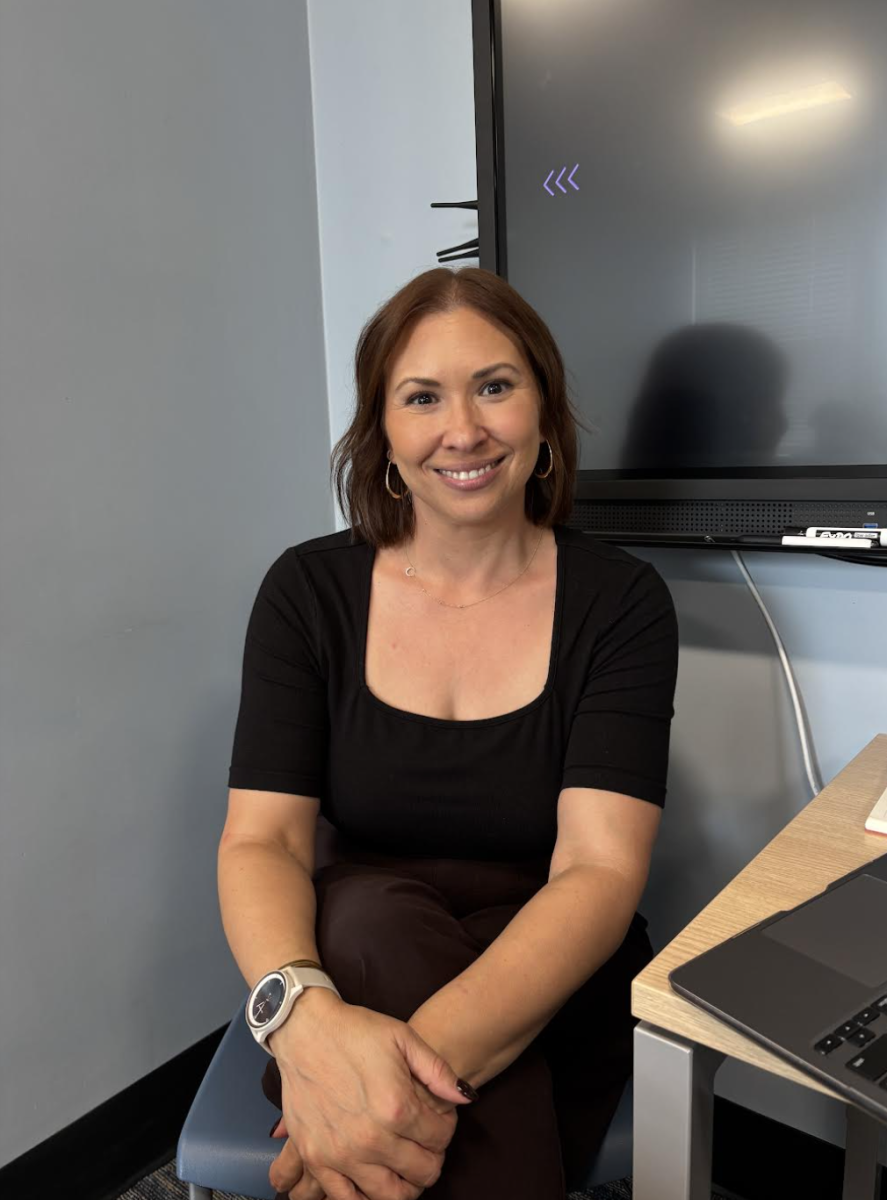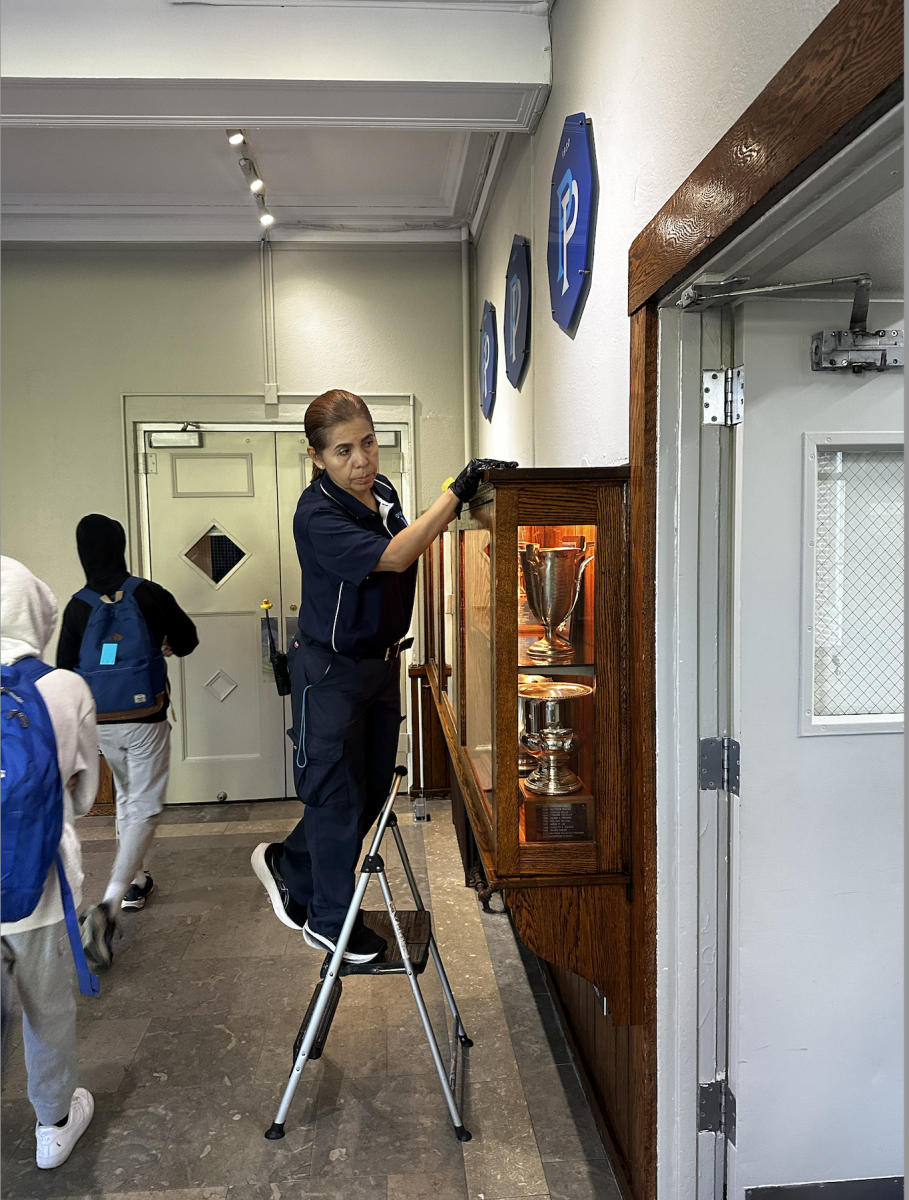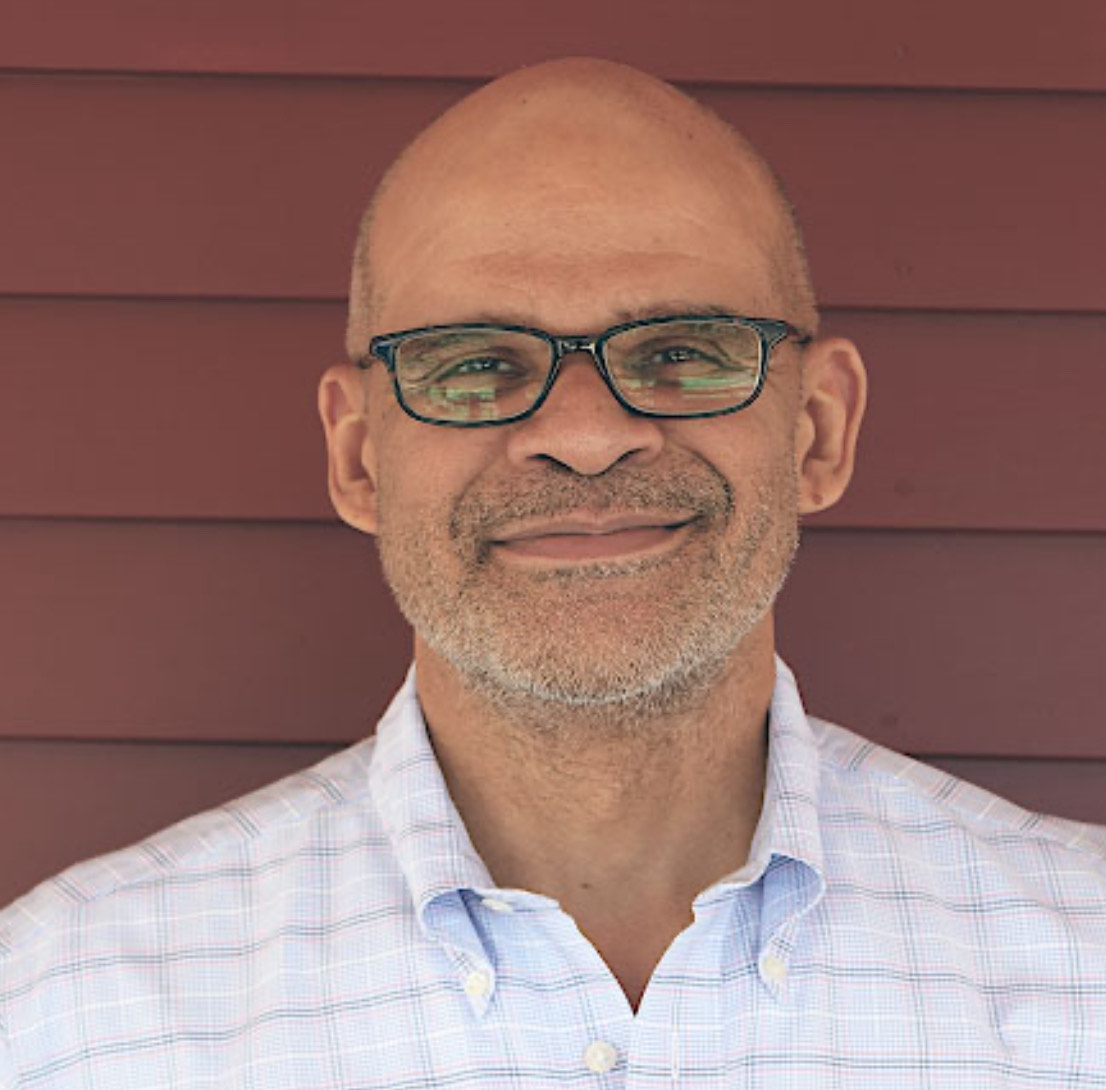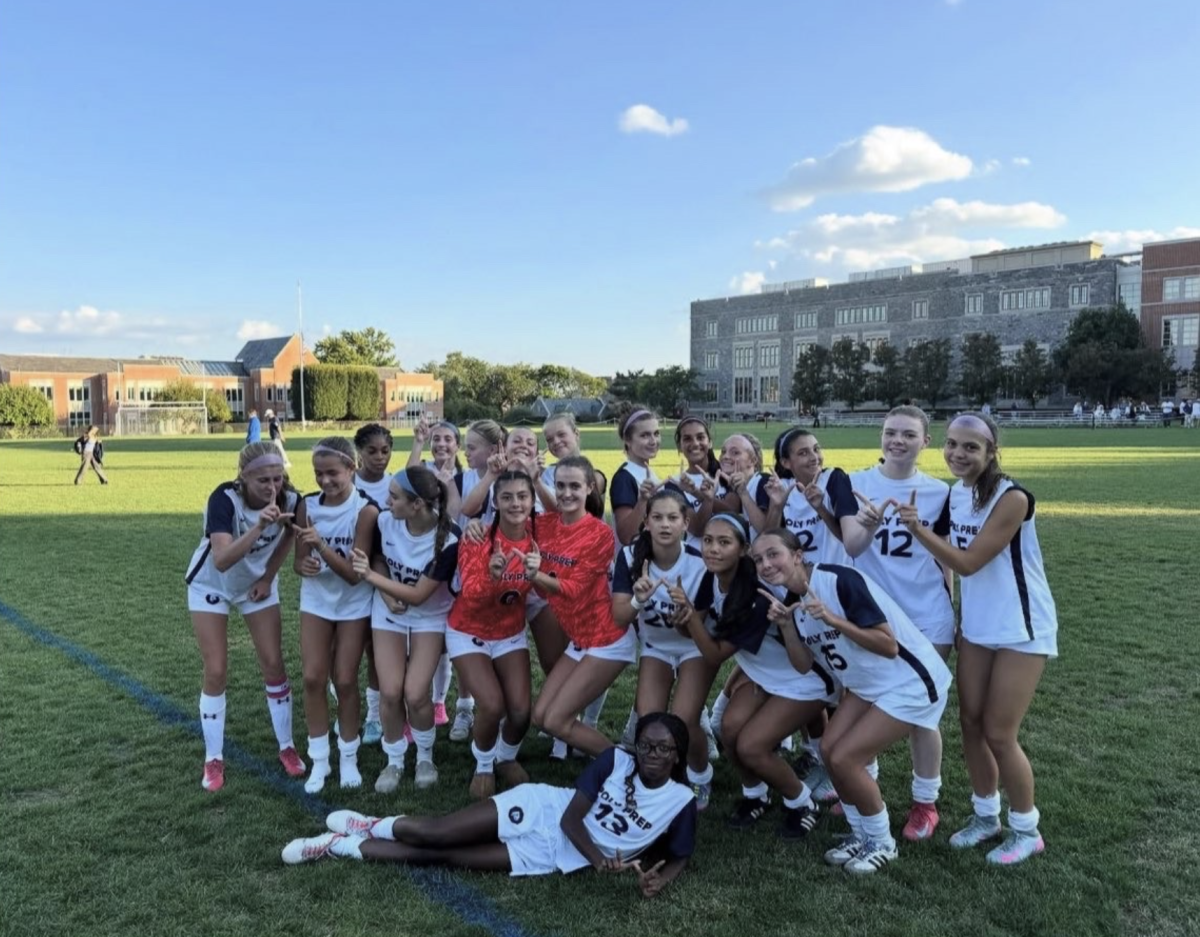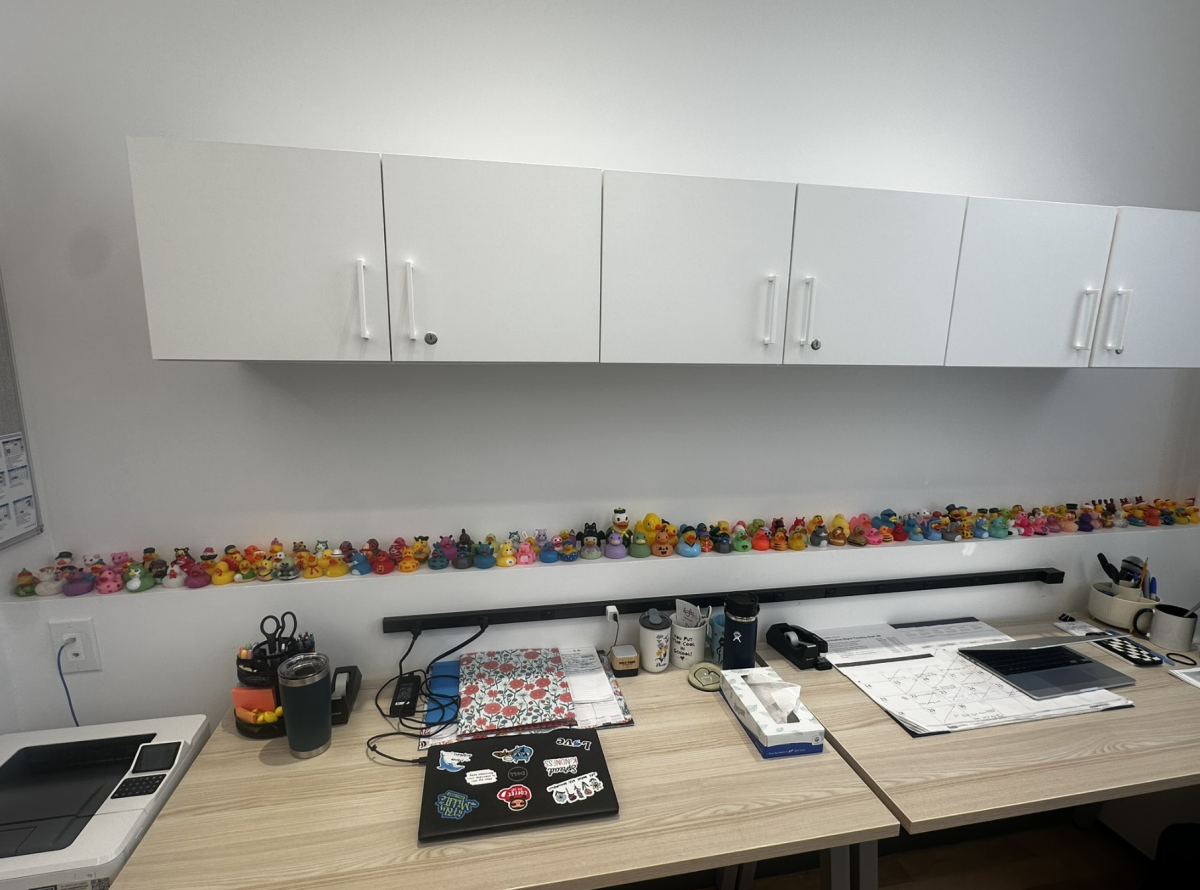With the 2024 United States presidential election approaching, the country is thinking heavily about voting. But with 66 percent of people who can vote actually voting (according to the Pew Research Center), many people find the process conflicting. So, how do high school students view their vote?
Living in a world where, according to the Carnegie Endowment for International Peace, politics and politicians “are highly ideologically polarized…and they believe in and vote for different sets of policies, with little overlap,” a single vote is extremely controversial. Pew Research Center quoted someone who explained that voting is difficult due to the division it causes among people and the fact that politics are “in everything.” While said voting can be a very stressful process, students at Poly have wide-ranging opinions of how one should go about their decision to vote.
A survey answered by 38 people, which was sent to the entire Poly student body gathered information about how people view their vote. The survey found that 65.8 percent believed their vote matters, 23.7 percent said their vote may matter, and 10.5 percent stated they don’t believe it matters. Those who believed their vote did matter had many reasons for this, mainly surrounding ideas of democracy and their voice.
In many cases, people said they felt that voting does not make a difference on a singular level, but MaKiyah Turner-Hicks ’24 believes that your “vote has value as one of many supporters for a candidate (or against another).” Similarly, Sophomore Oliver Balikci said, “It’s only one vote but it along with many others’ votes can band together to get the president we want.” While many believe that one vote is important as it contributes to a larger group, sometimes the general opinion of a state can make a single vote feel like a pea in comparison.
In federal elections, such as the upcoming Biden and Trump election, the Electoral College causes certain votes to have little impact on the results. A vote doesn’t have as much of an effect when a majority blue or red state receives a minority vote of the opposing party, as those votes will not matter in the Electoral College if they are overpowered. On the contrary, local elections turn out quite differently. The Williams Record explains that oftentimes, “local races are decided by narrow margins, with only hundreds of votes determining the outcome.” A tight race like this was seen in 2022 in a race for the Connecticut House of Representatives where Chris Poulos ran against Tony Morrison. In the end, Poulos won the election by a single vote.
In voting today, the Electoral College plays a large role. The National Archives defines it as a system in which “vote totals determine the winner, not the statistical plurality or majority a candidate may have in the national popular vote totals.” This way of voting is something that high schoolers especially from New York consider when it comes to voting. Sophomore Abby Mangerson said, “I think that everyone’s vote is important, but it matters less in a more established and less of a swing state. Overall votes don’t really matter [in certain states], due to the Electoral College, but I still think that voting is important.”
In wanting to maintain a democracy, Kaya Freeman ’26 explained, “I would vote because I want to be represented in the government and I would want my voice to be heard.” Although she recognizes the little impact her vote might have on a solid blue state, Mangerson said, “it is very important to participate in democracy and vote for your beliefs.” Sometimes two candidates doesn’t feel like enough for some, though. Pew Research discovered that with Trump being investigated, “49 percent of registered voters favor Donald Trump or lean toward voting for him, while 48 percent support or lean toward Joe Biden.” As people don’t have strong connections to either candidate, figuring out which to vote for can get tricky. The article explains that “Reflecting their dissatisfaction with the Biden-Trump matchup, nearly half of registered voters (49 percent) say that, if they had the ability to decide the major party candidates for the 2024 election, they would replace both Biden and Trump on the ballot.”
Although the right to vote may seem ordinary to a lot of people, Freshman Eliana Friedman points out the long history of these rights: “I think that in the United States, many citizens take advantage of the rights that are so a part of normal, American lifestyles. Many lose sight of the importance of recognizing and honoring the sacrifices made in history to allow citizens of the United states to be able to vote,” she said. At one point in time the only people who could vote were white men, which makes voting an earned privilege. For women and people of color a vote can hold greater, historical value… For this reason, Friedman said, “I feel I am, and others should be proud that they have the ability to vote, and are part of a democracy that allows for voting to be an option.”
With the future of our country in our hands, the decision to vote is complex and difficult for many generations. But people such as Friedman are eager to participate: “I would want to vote because I would want to be a part of history, and possibly make a difference with just my single vote,” she said.



